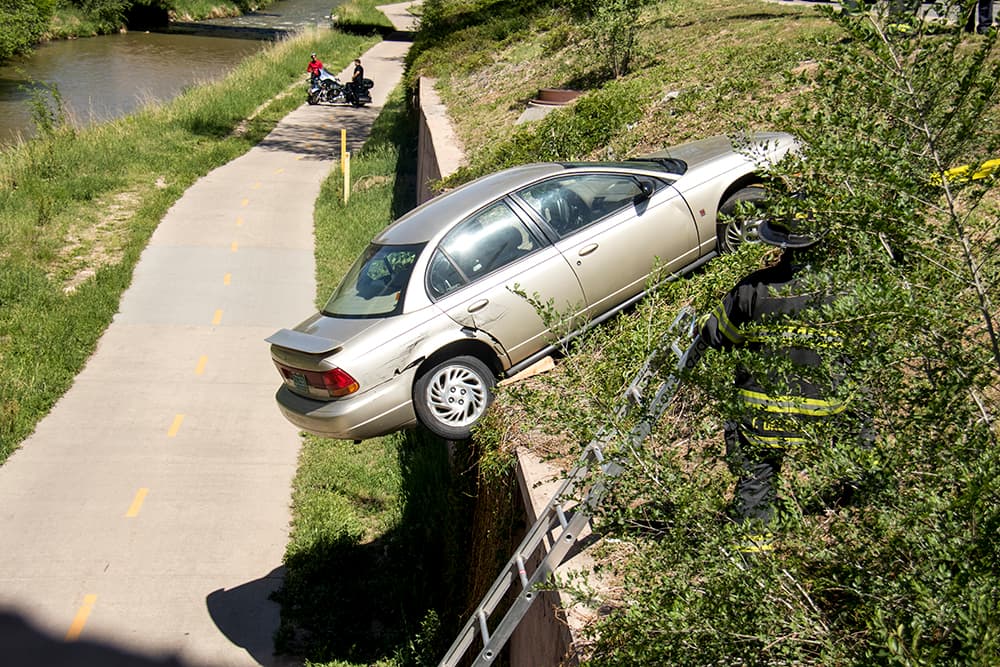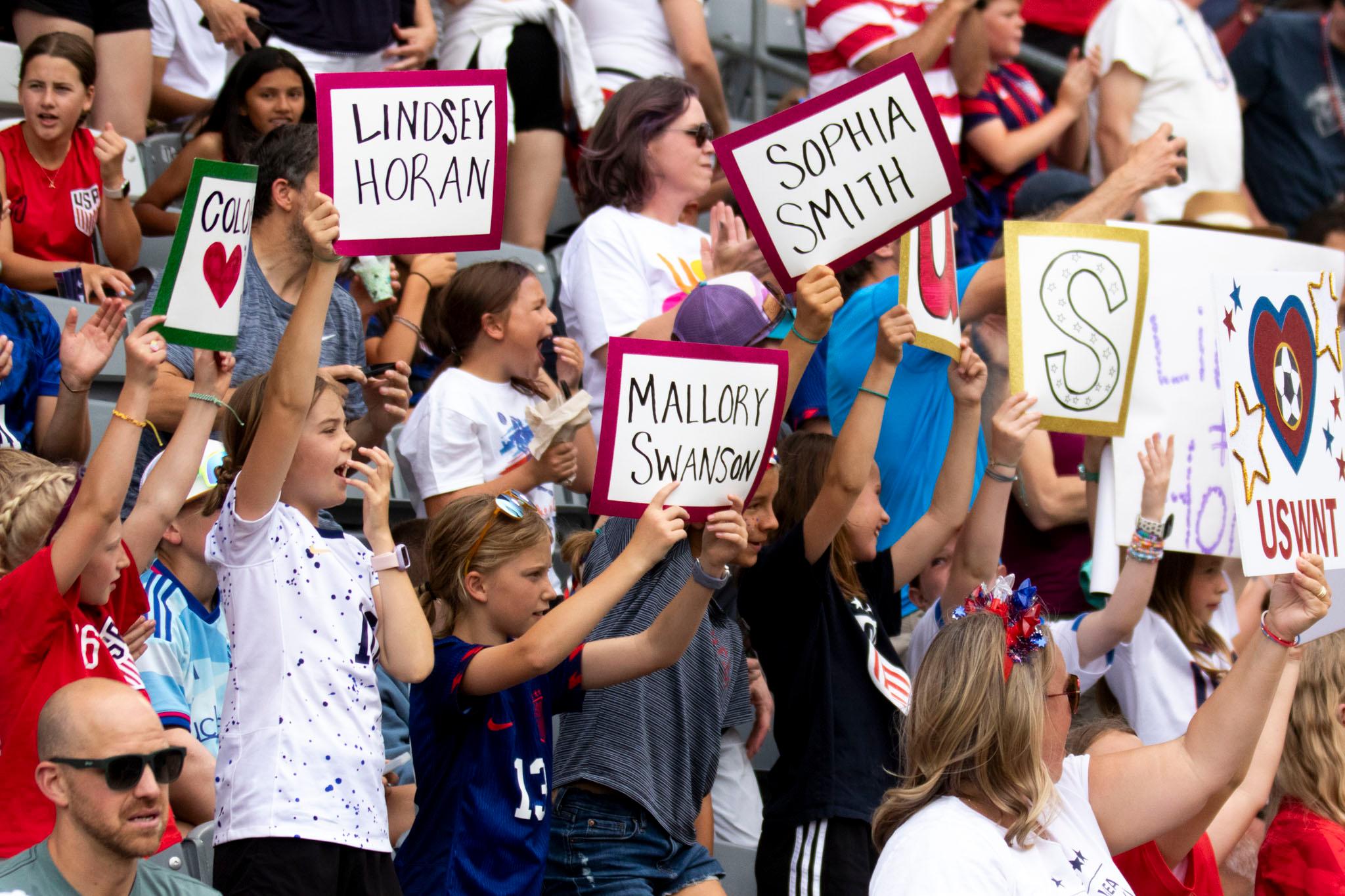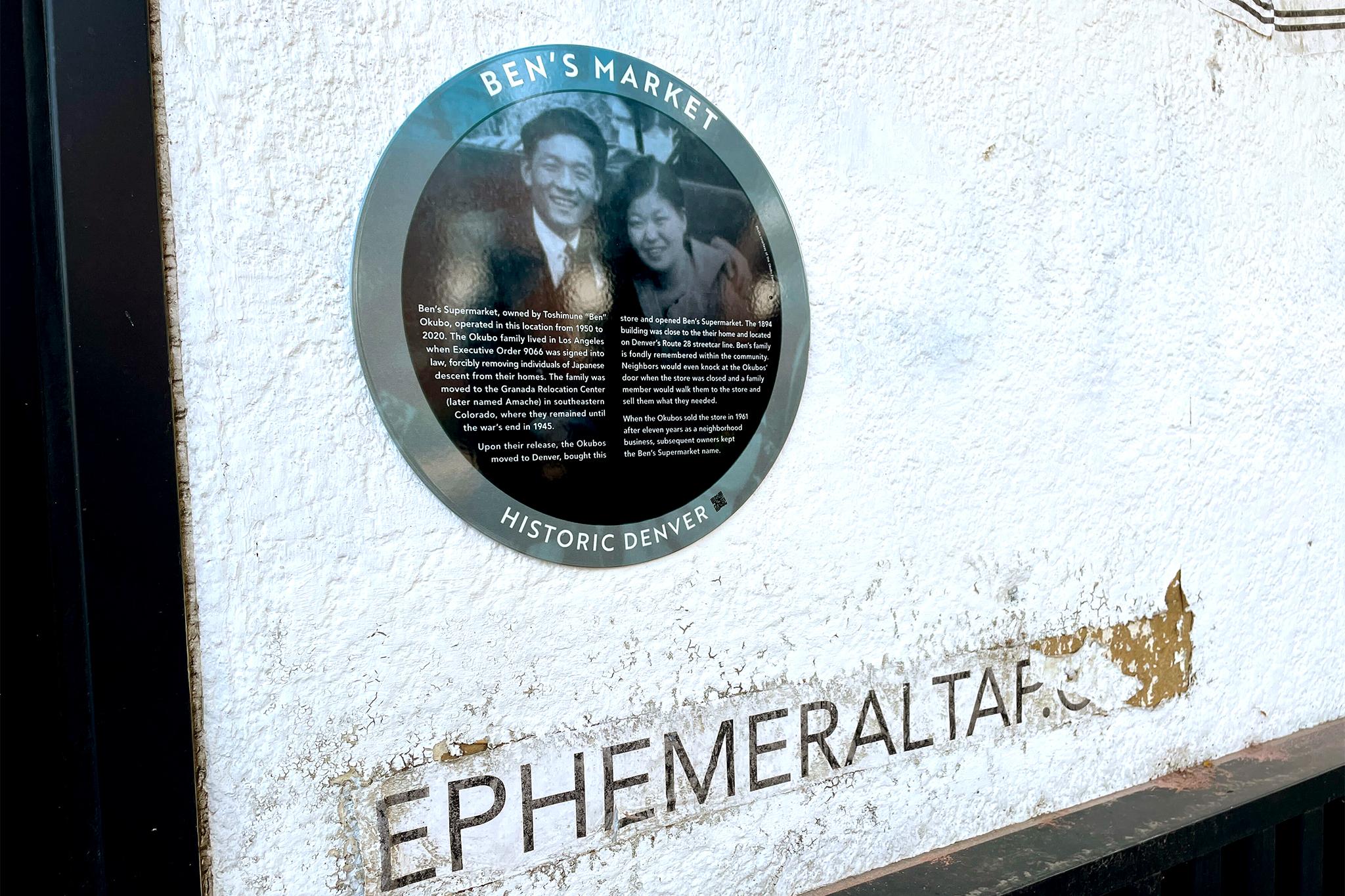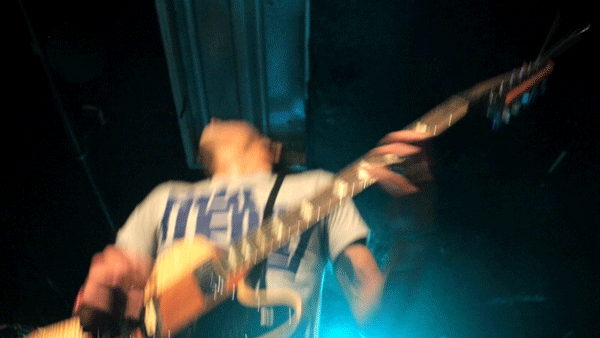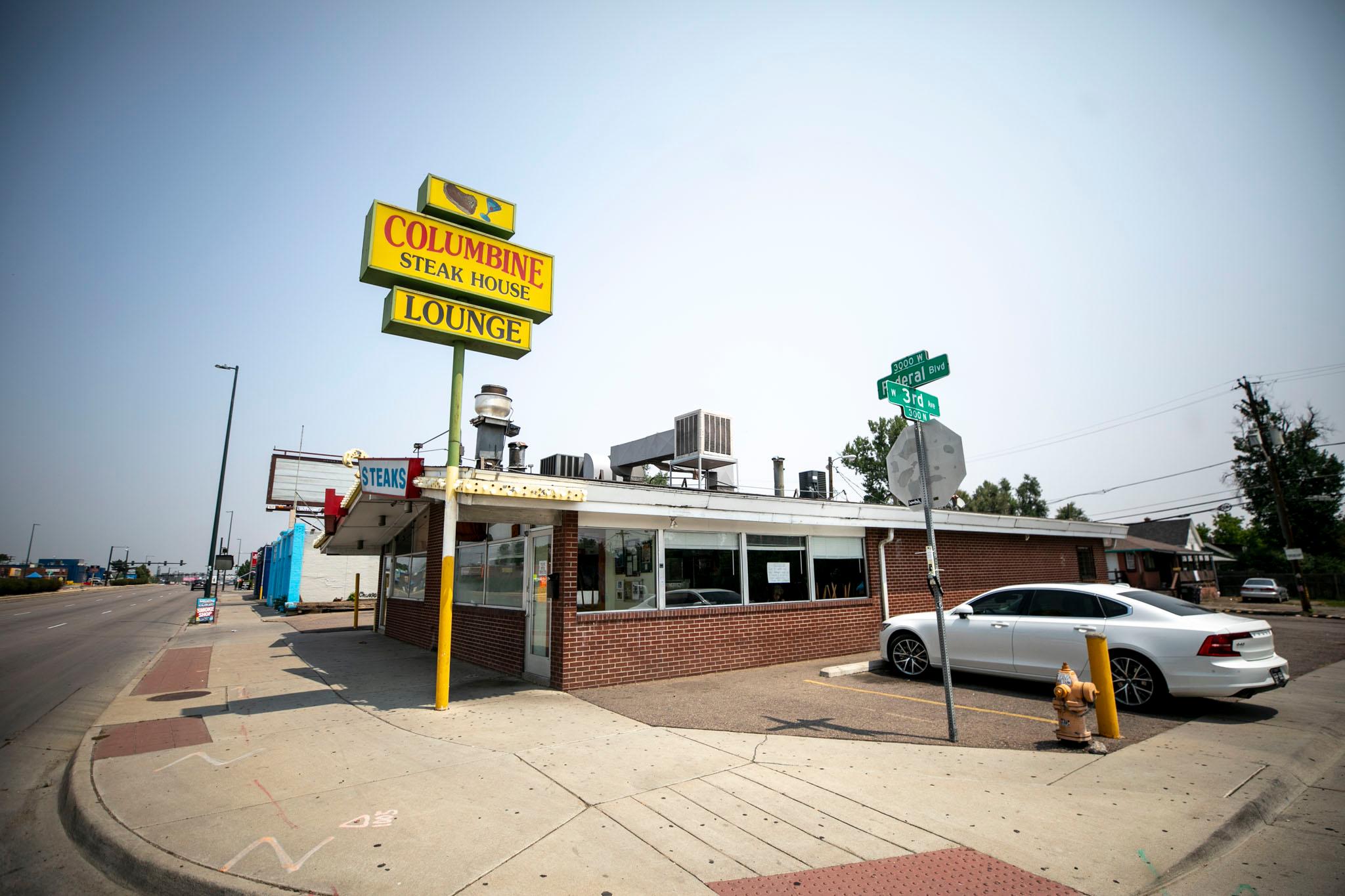It's a common refrain Doug Gordon hears from politicians and sees in newspaper columns advocating against bike lanes and transit investments: End the "war on cars."
Like a parking space that's repurposed for a bike lane, Gordon and his friends repurposed the battle cry for their podcast, The War on Cars, when they founded it in 2018. Gordon and his fellow New York-based colleagues Sarah Goodyear and Aaron Naparstek will record an episode Monday at Bicycle Colorado's Moving People Forward conference, a one-day event aimed at making the transportation system better for people who walk, bike, scoot and take buses and trains to get around.
With episodes like "Making the Bus Sexy Again," "Infiltrating the Auto Show" and "The Problem With Public Meetings," the show takes a decidedly different view than what Gordon says is the "windshield perspective" held by the majority of American decision-makers, whether they're mayors, media members or the everyday people who influence them.
Gordon says Monday's episode will focus on the media's role in "motordom" -- the dominance of automobiles in American cities wrought by the industry that changed how cities were built. 9News journalist Kyle Clark will be the main guest because, as Gordon puts it, he's a rare mainstream anchor and commentator who "brings a fresh perspective on the changes to Denver's urban landscape."
Denverite is no stranger to the battles over city streets. They belong to everyone but are organized for essentially one transportation mode, contributing to deaths, injuries and pollution, but also neighborhood fights over things like bus and bike lanes.
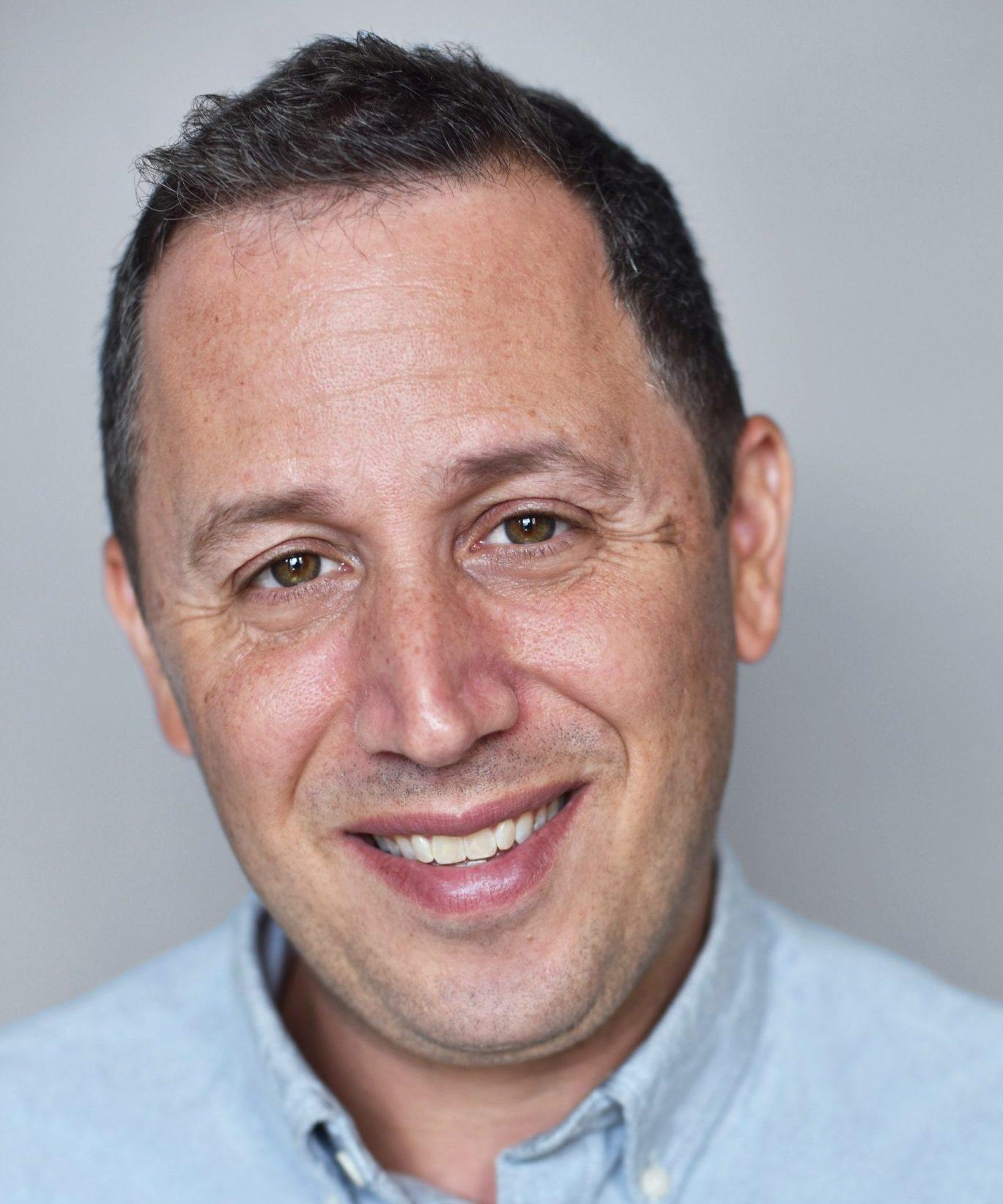
Gordon spoke with Denverite ahead of his visit to Denver.
Denverite: I think people who don't know your podcast might be turned off by the name. What's behind it?
Doug Gordon: Any safe streets advocate knows that anytime you take so much as one parking space, and replace it with, say, bicycle parking or an expended bus stop, you're accused of waging a war on cars. The name also comes from a few politicians, including the former (and late) mayor of Toronto, Rob Ford. Much like Denver, Toronto has a big suburban spiral outside of it and a pretty solid downtown core that was seeing a lot of transit improvements and bike lanes and things like that. And that was seen as sending a message to those suburbanites that they weren't welcomed downtown. So when he was elected, he said that the war on the car has ended. We just decided to kind of run with it.
So is it an ironic name or a situation where you want to use an opponent's words against them?
I think when we started it was sort of tongue-in-cheek and a little ironic, but now when we really think about it -we've had some pretty deep conversations about this -- 40,000 Americans are killed by cars every year. That does not include the many more who are injured or all of the pollution effects like asthma and things like that. Cars have been waging a war on people for a hundred years.
Why are you coming to Denver, specifically?
We had been thinking of doing a live show for a long time, but we are kind of a scrappy, little podcast. It's just the three of us putting everything together. The legwork of putting on a live show is a little challenging. And we actually got an invitation from the organizers of the Moving People Forward conference to come do it, and we thought this would be a really great opportunity. We thought it would be a really fun opportunity to try it out in front of a hopefully friendly audience.
And why Kyle Clark as the guest?
One of the things we want to talk about is when you are trying to improve your city for people who aren't in cars, a lot of the campaigns that you have to wage run through local media, through TV news. It's true here in New York. It's true everywhere. And they tend to have a very windshield perspective on the world.
Kyle had a really good piece to camera that he did last year where he took people to task for blocking bike lanes on a street where someone died, using the historic preservation argument -- basically saying the bike lanes would interfere with the historic character of their street. Meanwhile a city like Denver, which predates the automobile, certainly has no shortage of great photos of streets with dirt roads and horses on them. It's kind of hard to argue that bike lanes are going to be the thing that ruins historic character.
I know that editorial went sort of viral. Did it make it to New York?
Oh yeah. It flew across the Twittersphere. To see someone on a mainstream media outlet sticking their neck out to make the argument was really gratifying and interesting.
Why is defending safe street designs considered sticking his neck out?
I think every city in America -- Denver is no exception -- is changing. In the downtown cores, new apartments are going up, but there's still this sense that the city belongs to the people who've lived there the longest. And those people tend to be property owners of, single-family homes on relatively quiet streets. And so when people come along and want to change their streets, it's as if you're saying that you want to change their actual house. So these things stoke up a lot of anger and resentment. So for someone like Kyle, it's still considered to be taking a radical position. Because it made it into his broadcast, you're seeing that it's not as radical as it used to be.
How do you get people to listen to you without feeling judged?
If I'm talking to my neighbor who has an SUV because he and his wife drive their kids to various sporting practices and have a vacation home somewhere, and transit won't do it for them and biking is difficult for them, I'm not going to be upset at my individual neighbor for driving a car. He's just operating within the system as it exists. I think you can be a little more antagonistic towards the people who hold power. And so I think when it comes to with politicians, maybe it is time to be a little less polite. We need rapid, rapid change to stave off climate change, for example, and incrementalism and politely asking for a little tweak here, a little tweak there, isn't really getting us where we need to be.

